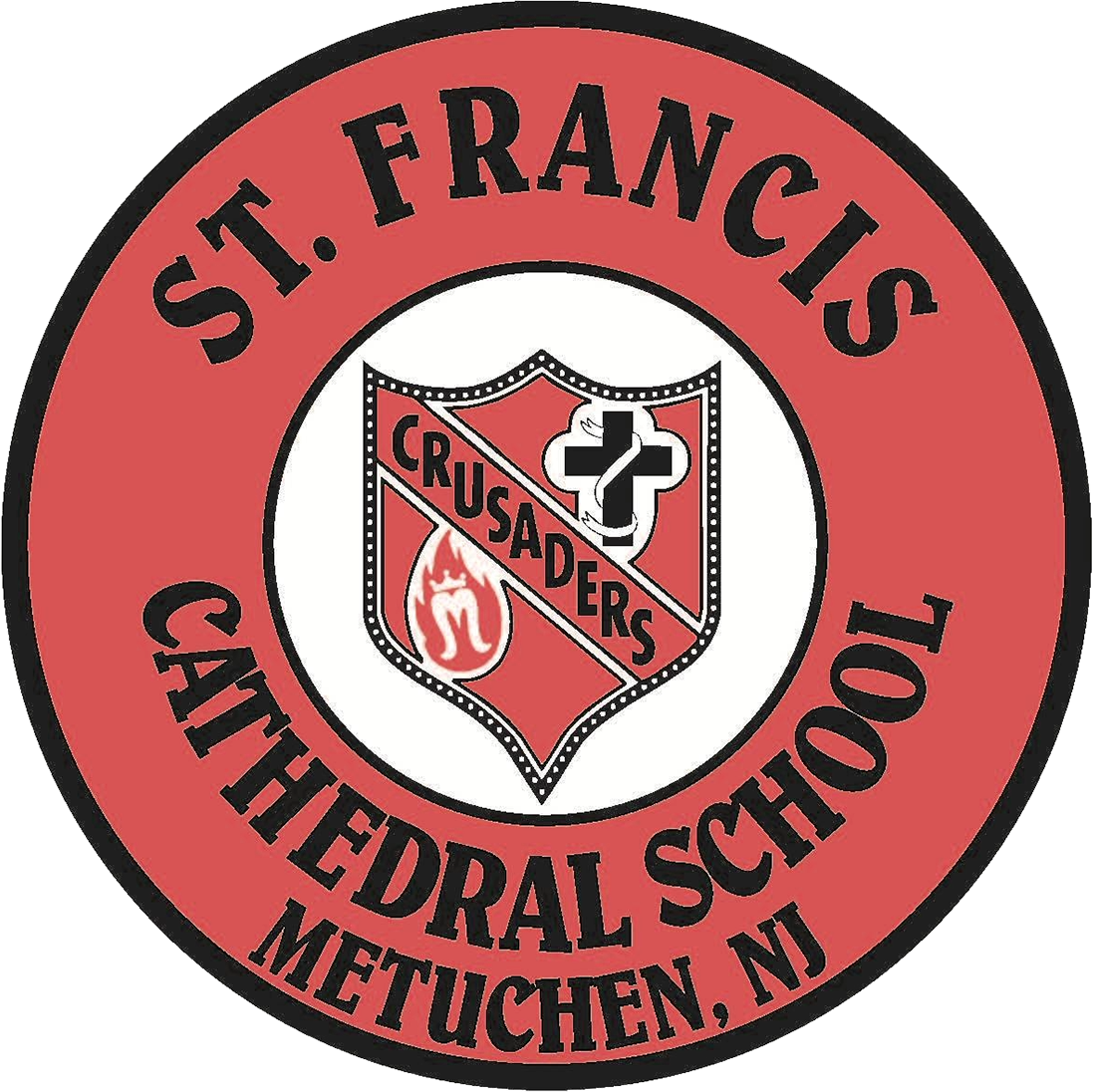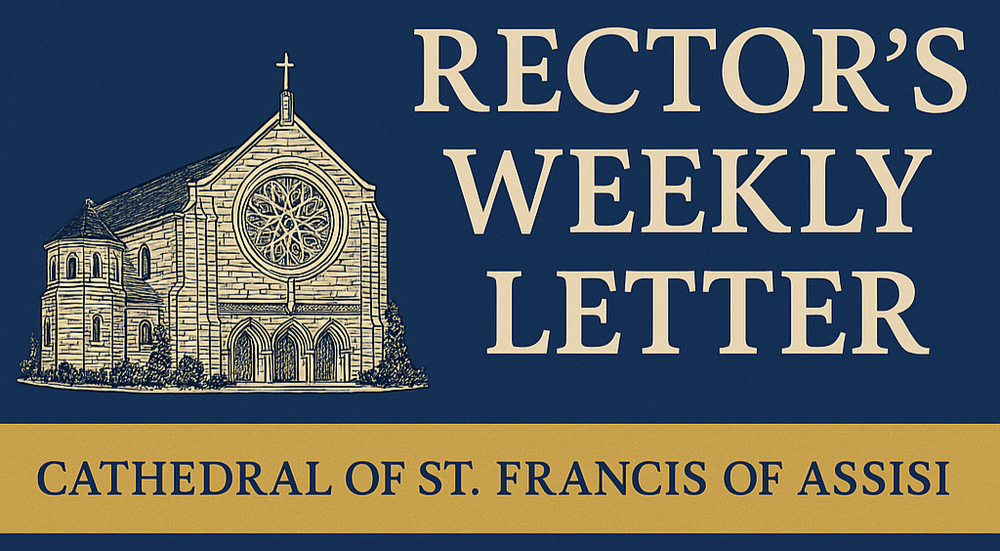Cathedral Family,
The readings this weekend focus on the radical Christian statement of the Creed: “I believe in the resurrection of the Body…and the life of the world to come.” The resurrection of the dead is controversial. While it is a traditional teaching in Christianity, Islam and Judaism---Eastern religions such as Hinduism and Buddhism do not believe in a bodily resurrection. Some more exotic beliefs include reincarnation--- the claim that we return to inhabit another body after our death. The wide belief of secularsociety is that after death---there is nothing more. We, on the other hand, boldly proclaim that “since Christ was raised from dead, so will we rise.” It is through the grace of Baptism that we gain a share in eternal life.
At the moment of our death, our soul comes before the beatific vision of God. This is where we experience our particular judgment before God. The body as we know will decay. However, there will also be a moment when Christ will come again and the body we knew in this world will be resurrected by the rejoining of the soul with the body. Thus, our body in its resurrected state will live on for all eternity. Therefore we will know one another in heaven. We will be able to recognize each other. St. John describes heaven in his book of Revelation as a “Holy City.” A city implies activity, socializing and interactions. Revelation does not tell us very much about the afterlife. Yet we do know that we will be perfectly happy---because we will see God, as He is. We will also be united with everyone who has followed God in their life.
In celebrating a Christian funeral Mass, we get to see all of the ancient symbols of life and death in view of eternity. While the church permits cremation, it is not encouraged. Ifso, cremation of the body should take place, if at all possible, after the funeral Mass. The reason is that Christians place a high value upon the physical body. In the body, we love and live our lives as disciples and followers of Christ. It was in our body that we were substantially united with our soul. Nothing we do in the body isseparate from our soul. Therefore the body is sacred. We sprinkle the casket containing the body with holy water and clothe the casket with a white funeral pall at the opening of the funeral Mass. This recalls the dignity of baptism, when we were claimed by Christ. We really proclaim that we are going to live forever at the funeral Mass. We also apply the graces and merits of Jesus’s sacrifice of the Mass to the soul of our departed. Our prayers at Mass for their soul are a powerful way to intercede and provide the needed supernatural help for the deceased. The homily and the words of remembrance at the funeral Mass are meant to describe how the person lived a life in Christ. Eulogies are permitted at the Mass, but as a last resort. Words of remembrance or “eulogies,” are really meant for other places, such as the wake service, the graveside or the family reception after the Mass. The reason is that the funeral itself has its own prescribed prayers and rituals. The more personal, family remembrances can be much more informal, relaxed and less prescribed in other more appropriate places.
During the month of November, the priests keep a perpetual intention of prayers for departed loved ones. Those names that you have provided of your loved ones are prayed for at all of our Masses. In this way, we keep alive the great promise to pray for the dead---who are alive in God.
Let us all keep our loved ones, former parishioners and all people of good will who have no one to pray for them in our prayers. I ask you to include them in your rosary and daily prayers. One day, we will all be dependent on the generosity and charity of those still living.
In Jesus,
Father Christy

